
Decluttering burnout can feel like hitting a wall, sapping our motivation and bringing any progress we're making to a halt. But it's vitally important to be able to identify the five signs so you don't end up feeling even worse.
By taking time away from decluttering to breathe and ask yourself questions about your emotional state, you can return to the task when you're ready with a fresher mind and calm perspective.
I talked to psychologists and professional organizers to gain a better understanding of the five signs of decluttering burnout, what will happen if you keep trying new decluttering tips when you're past the point of overwhelm, and how to recover.
What is decluttering burnout?
Decluttering burnout isn't the same as trying to declutter your home when you feel overwhelmed: it's an insurmountable feeling where your brain feels completely fried from attempting decluttering methods in your home.
As Shari B. Kaplan, founder and clinical director of Cannectd Wellness, describes, 'Decluttering burnout is the emotional and physiological crash that happens when the act of organizing or simplifying your space has gone from empowering to exhausting. It’s not just that you're tired; your nervous system is tapped out.
'As a clinician who specializes in the mind-body connection, I often see this in people who approach decluttering with urgency, perfectionism, or unresolved emotional attachment to their belongings.
'They may start with good intentions but bypass their own self-regulation needs and decluttering roadblocks in the process of trying to keep getting the job done.'
What are the signs of decluttering burnout?
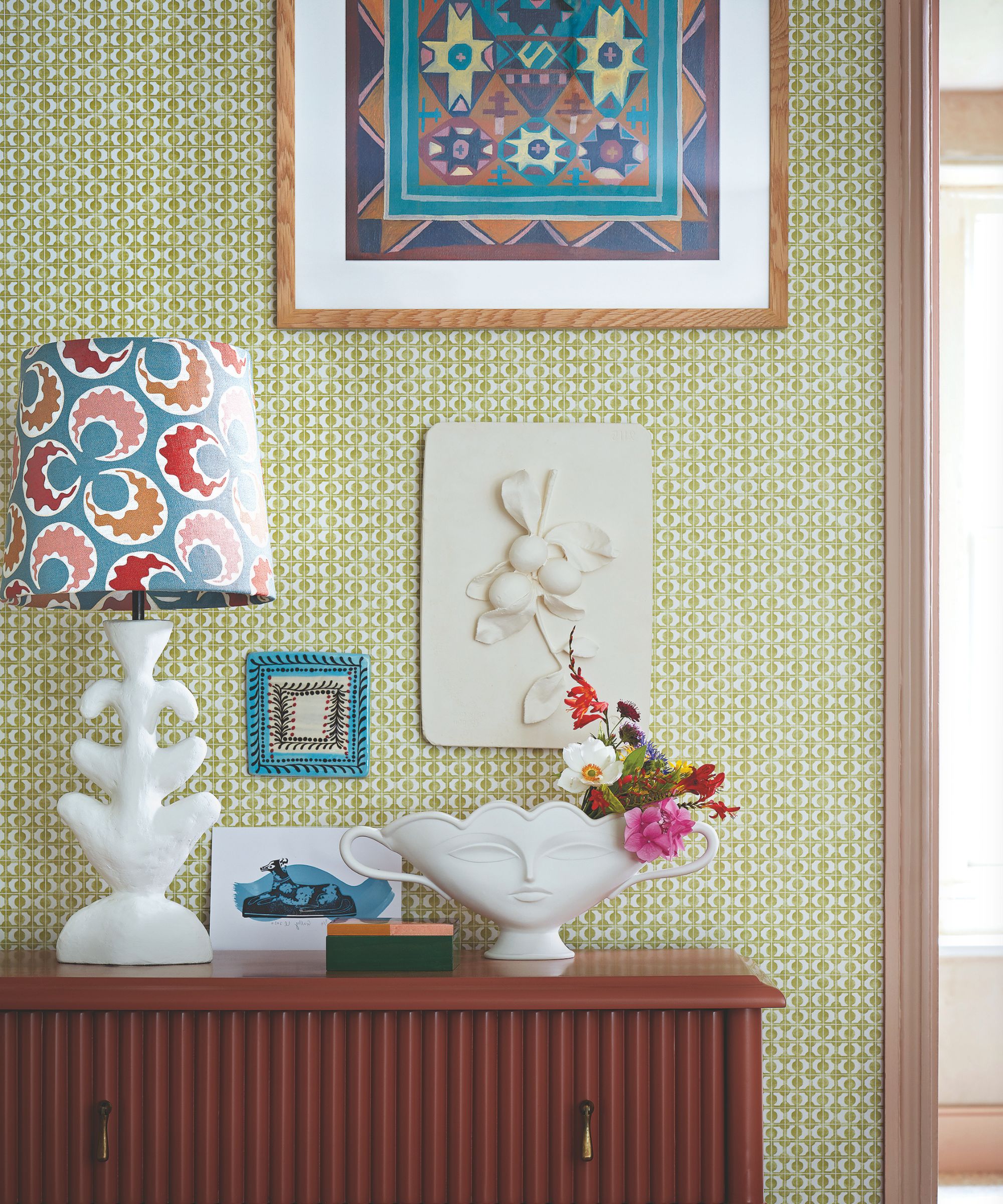
One of the reasons it can be hard to identify whether you're experiencing decluttering burnout is that it can manifest differently in people's lives. Tina Priestly, founder and CEO of Ready, Set, Refresh, believes there are five key emotions to look out for.
'Let's be real, you might not even realize that decluttering burnout is happening to you while you try to keep your home clutter-free,' says Tina. 'But these are just a few of the signs to look out for, and how it can show up in a person's life.'
If you're feeling two or more of these, or perhaps one incredibly intensely, you may be experiencing decluttering burnout, details Tina:
- You get annoyed by the simplest things: Whilst decluttering, you may feel overly annoyed about minor things you discover, such as why have multiple spatulas.
- You second-guess every choice: This is because you're unable to overcome decision fatigue. Keep it? Toss it? Put it in the “maybe” pile…again?
- You walk into a freshly cleared room and it feels sterile, not peaceful.
- You feel guilty: No matter what you decide and no matter what you're decluttering, whether it's decluttering sentimental items or your kitchen drawers.
- You start avoiding the process altogether, but beat yourself up for not being productive.
What should a person do if they are burnt out from decluttering?
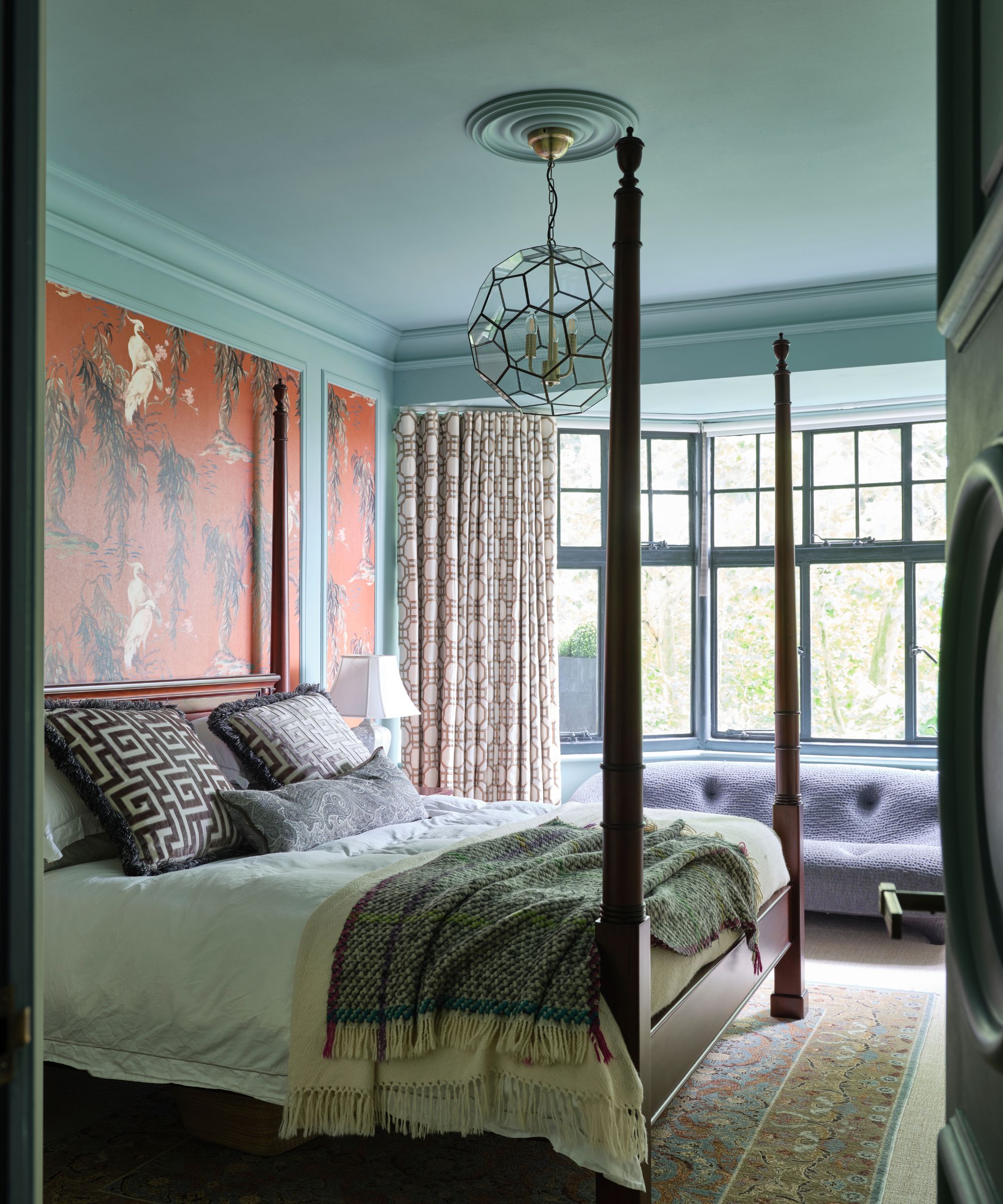
As tempting as it may be to power through and become increasingly critical of yourself, it won't be doing your decluttering burnout any favors, or make letting go of stuff easier. Instead, it's best to opt for an intuitive approach where you take time to listen to what you're feeling and understand what led you to become burnt out.
Linda Samuels, founder of Oh, So Organized!, says, 'When you experience decluttering burnout, it takes an emotional toll. You don’t have to give up entirely, but it's important to first recover and replenish your reserves.
'There are several ways to do this, including:
- Step away for a short break and shift your focus: Gift yourself a break, hydrate with some water, enjoy a snack, close your eyes, breathe in fresh air, or take a walk.
- Take a longer break, such as days or weeks: Replace your decluttering time with nourishing, energy-building activities to ease your thoughts and avoid decluttering mistakes. These can include meditating, crafting, exercising, journaling, baking, or anything that replenishes your emotional reserves.
- Seek help from a professional organizer: Their support, accountability, guidance, and assistance with focus and pacing can reduce the stress and burden of decluttering.
FAQs
What will happen if I keep decluttering while burnt out?
Pushing through when you're feeling decluttering burnout will only make your life harder, shares Dr. Courtney Crisp, owner and supervisor of the Crisp Psychology Group. 'Taking a break allows you to take a step back, rest, and re-evaluate. But "pushing through" on the other hand, will most likely worsen the ongoing stress, keeping that stress ongoing and in a state of continuous build-up.'
Ben Soreff, professional organizer and partner at House to Home Organizing, agrees, saying, 'Sometimes it is less important to get rid of something and to declutter right now, and more important to have a plan for it when we're in a better headspace. We don't want anxiety or 'declutter regret'. We want to think about what we are keeping in a clear mindset as well as where it is going to live.'
Slow decluttering is a great way to do this when you feel adequately recovered from your decluttering burnout.
Recovery essentials
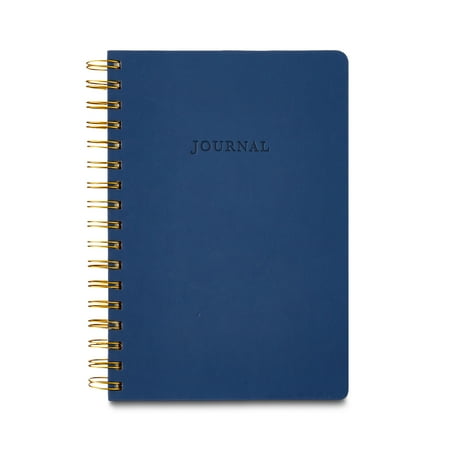
When I struggle with burnout, I like to "brain dump" my thoughts into a simple ruled notebook. Write about anything and everything that's stressing you out until you can think of nothing more. You can either leave it at that or read it back later to see if you can identify any patterns.
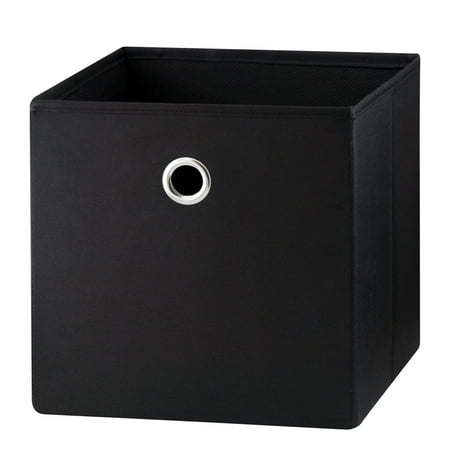
Using a medium-sized storage cube when you next feel up to decluttering can give you a goal to work towards that's significant but not too daunting. I love how these cubes can collapse away when not in use.
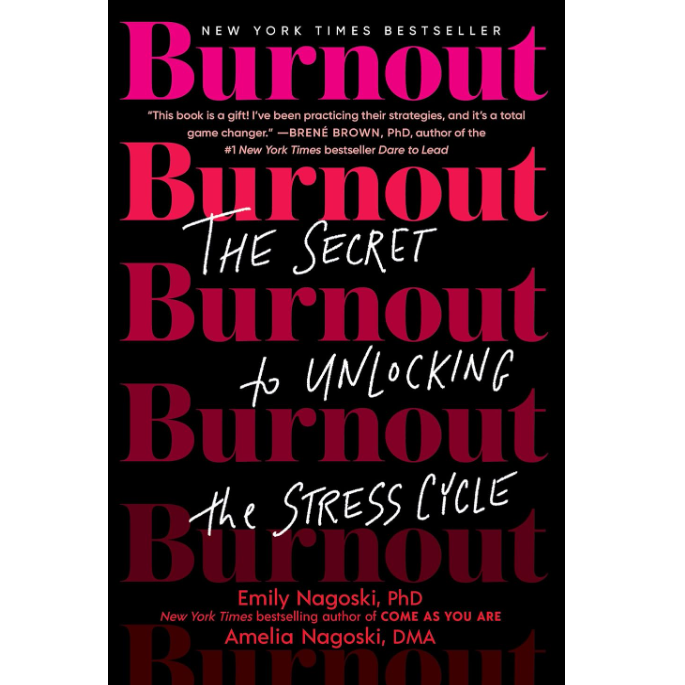
The more you understand about burnout, the better. If you're looking for some reading material while you take time away from decluttering your home due to burnout, a book like this is a great place to start the healing.
Meet the experts
If you're prone to decluttering burnout, trying the simple 'Didn't Know' decluttering method can lighten the emotional toll of deciding what to do with every item. The 10-10-10 method puts a cap on the time and volume of each decluttering session.







